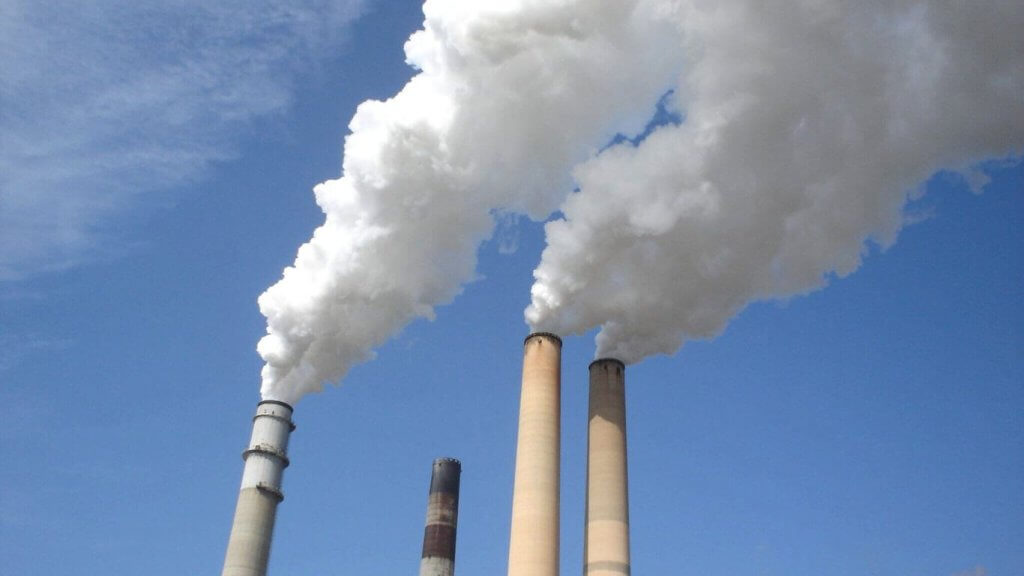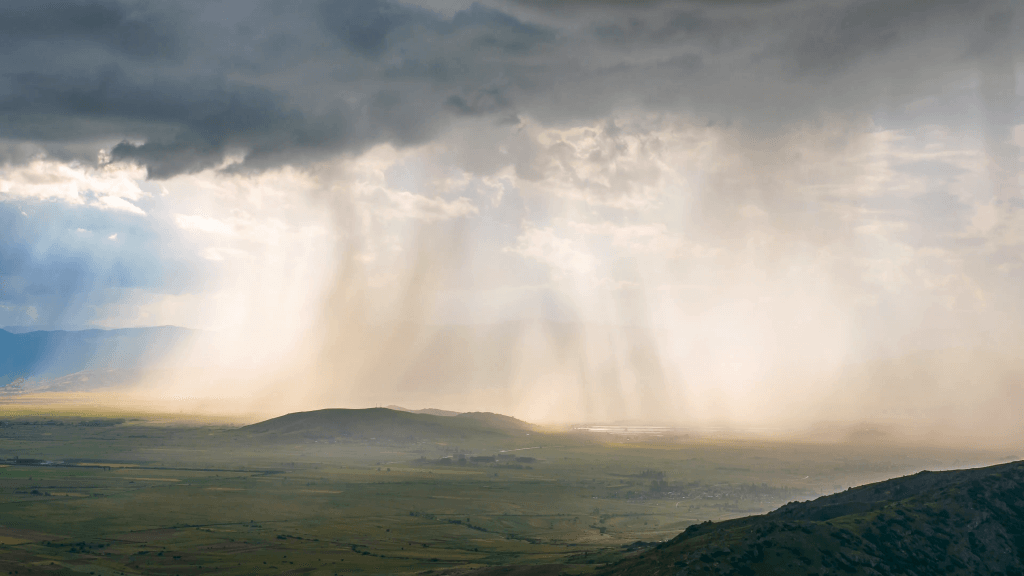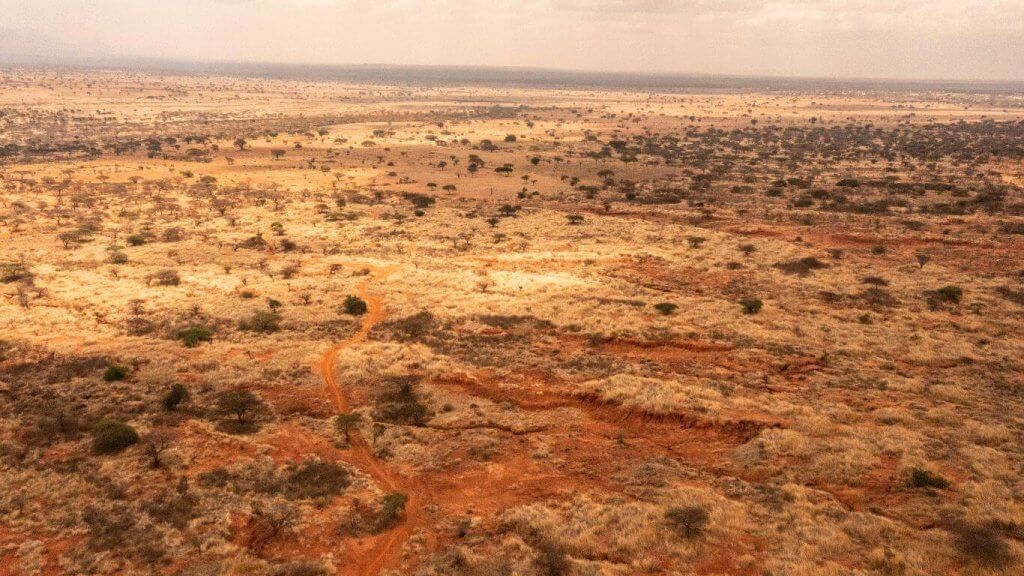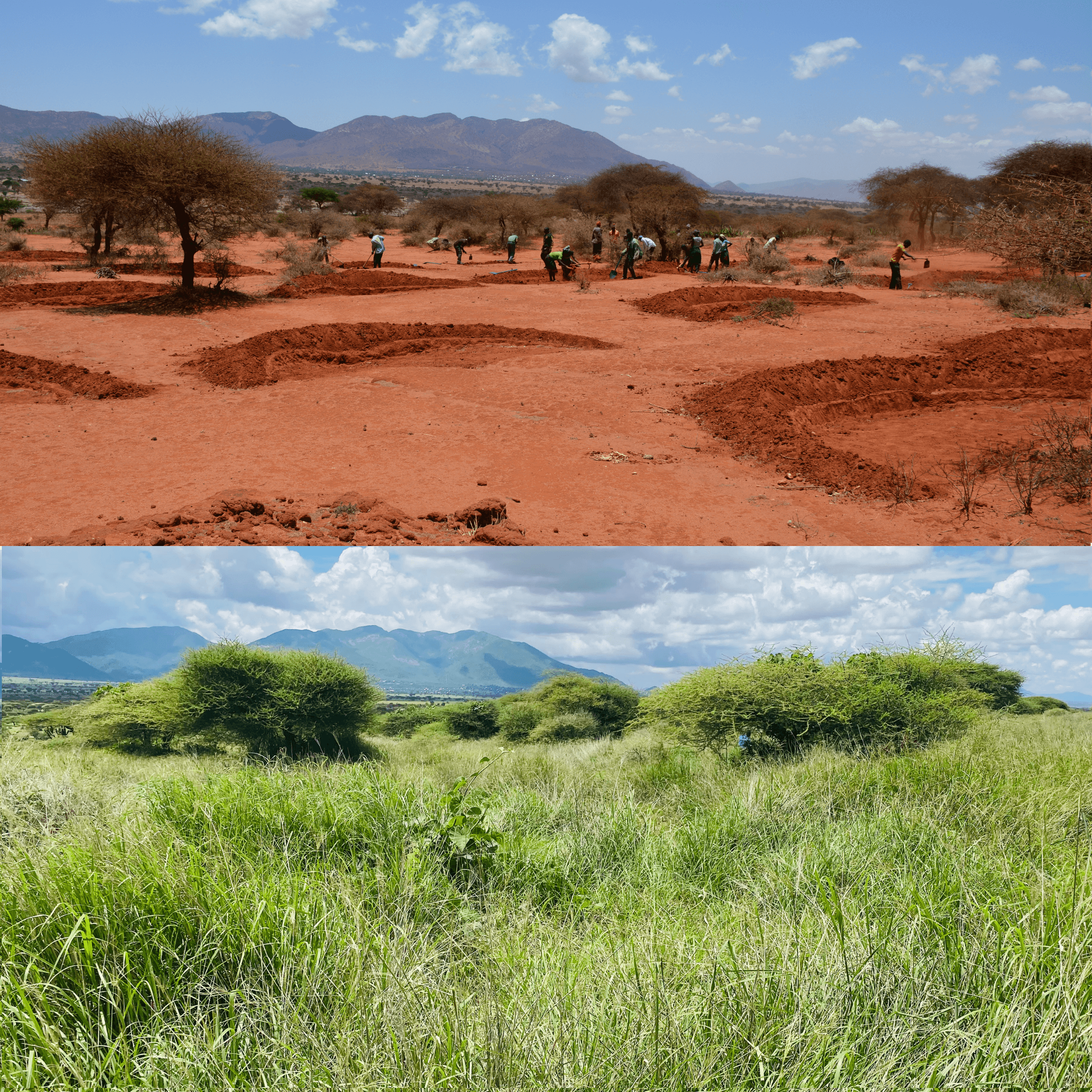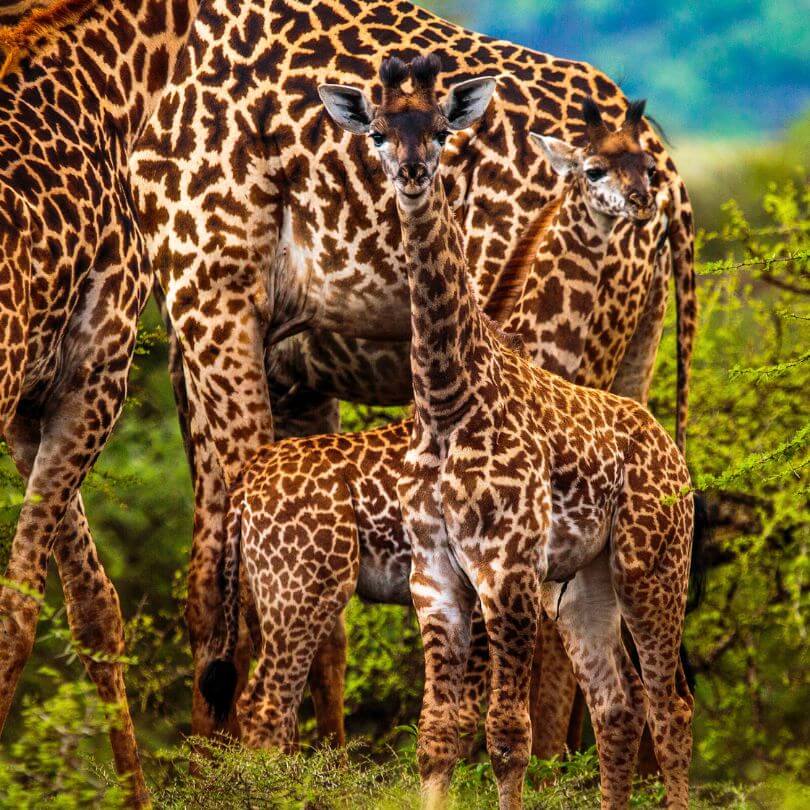
What is an ecosystem and how do we take care of it?
Global challenge
What are the consequences of CO₂ emissions? And how can we fix them?
Most of us know that the accumulation of CO₂ emissions contributes to global warming. But what causes this accumulation and how do we fight it?
There are many sources of CO₂ emission.
As humans, we exhale on average one kilogram of CO₂. Plants and animals also ‘exhale’ CO₂, which ends up in the atmosphere. In addition, volcanic eruptions and defrosting of permafrost (permanently frozen soil) contribute to the emission of CO₂. These are all natural resources of CO₂ emissions, keeping the earth in balance. However, the amount of CO₂ emissions from non-natural resources is rapidly increasing, disturbing this balance. This increase in CO₂ emissions is largely due to human activities. We drive our car, heat our houses when it is cold outside, and use energy to cook our meals. This all costs a lot of energy. To obtain this energy we burn fossil fuels, increasing the amount of CO₂ emission into the atmosphere.
The accumulation of CO₂ emission has largely contributed to global warming.
Greenhouse gasses in the atmosphere, such as CO₂, prevent the heat from the earth to escape properly causing the warming of the earth, a process better known as the greenhouse effect. Global warming has several consequences: Heatwaves occur more often, rainfall is more intense, and the sea level is rising. Especially in vulnerable areas, such as sub-Saharan Africa, people are confronted with the consequences of climate change on a daily basis. Extreme heat causes drying of the land, resulting in crop failure. When rain arrives, it is often very intense. Because a lot of water is coming down at once, the water has no time to infiltrate into the soil, causing runoff of the water. Next to lower water availability within the soil, this causes erosion of the fertile top layer of the soil and downstream floodings. The lower water contents and decrease in fertile soil make it hard to grow crops, causing a food shortage and poverty for the local communities.
Regreening helps!
Vegetation causes the sequestration of CO₂, decreasing the amount of CO₂ in the atmosphere and subsequently reducing the greenhouse effect, ultimately leading to the mitigation of global warming. Vegetation also causes cooling of the soil, decreasing the evaporation of water from the soil leading to increased water availability for plants, animals, and humans. In addition, greening stimulates the water cycle, causing increased rainfall and the retention of water in the soil. This increase in the soil moisture content makes the land available for agriculture again, producing food and income for the local communities.
And how does Justdiggit help to fight CO₂ emissions and cool down the planet?
Justdiggit is a Dutch foundation with the goal to restore degraded ecosystems by developing, initiating and co-funding large-scale landscape restoration programs within Africa. Our regreening projects help to restore the water balance in the soil and bring back vegetation, which has a positive effect on the local and regional climate, increases water and food security and promotes biodiversity within the project areas. Within our projects we work together with local partners and communities. The communities involved directly benefit from our programs as we create a better living environment and increase economic development.Our unique approach is a media and communication-based strategy, involving all available communication and media on a local, regional, national and international level. With these sponsored media campaigns, we aim to amplify the effect of landscape restoration programs, thereby creating a landscape restoration movement, promoting regreening throughout Africa.
The story of Justdiggit
